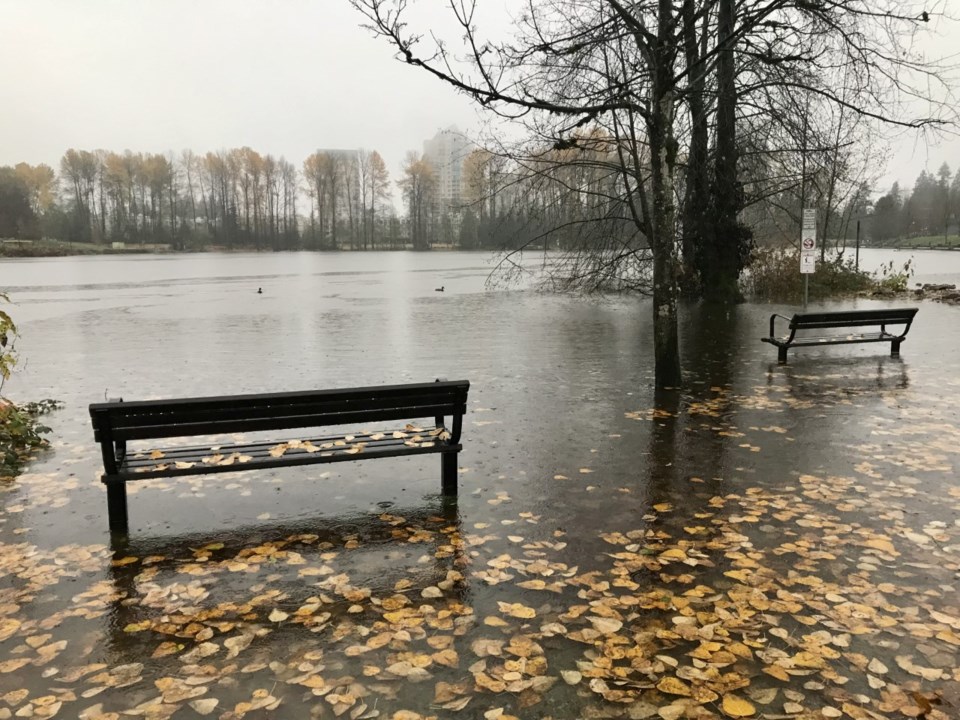Coquitlam is no stranger to the impacts of natural disasters.
In recent years, atmospheric rivers have led to flooding in low-lying parts of the city.
And, forested areas of the city's northeast are at risk of wildfires.
Now, the municipality is hoping to develop a better approach to disaster preparation thanks to a $150,000 grant from the B.C. government.
The formality of an official letter of request still needs to be sent, but Coquitlam risk and emergency management manager Nicole Kimmitt explained the city qualifies for the funding.
This is because Coquitlam has been developing a vulnerability analysis of its community since January with the goal of implementing, what Kimmitt describes as a comprehensive disaster risk reduction strategy by 2024.
"These types of analyses help communities identify and plan for future hazards that affect people, property, the environment," she said in a release today (July 19).
Coquitlam city council voted to send its letter of support to the Union of BC Municipalities (UBCM) on Monday (July 17) to secure the grant.
"The work involves assessing sources of potential harm, the likelihood the hazard will occur, potential severity of impacts, and who or what would be affected.
"As well, the analysis will incorporate lessons learned from the COVID-19 pandemic and B.C. climate-related emergencies in recent years such as flooding, wildfire and the 2021 heat dome. It will also address emerging global risks such as cyber-attacks, civil unrest and local risks associated with major critical infrastructure such as pipelines."
Known as the Hazard, Risk and Vulnerability Analysis project, Coquitlam will also look to identify key resources to ensure local residents are prepared in the event of a natural disaster.
A prioritization process will follow the program that will culminate in a disaster risk reduction strategy for next year.
"Activities to date have included flood preparation work, an urban forest management plan, wildfire preparedness, public cooling centres and cleaner air spaces, water conservation measures, and backup power options for civic facilities," Kimmitt added.
"The work aligns with the city's Environmental Sustainability Plan, which will help guide city decision-making with consideration to climate action, the built environment, waste management, water management, and natural areas, wildlife and habitat."
For more information about Coquitlam's climate action plan and strategies to reduce disaster risks, you can visit the city's website.





